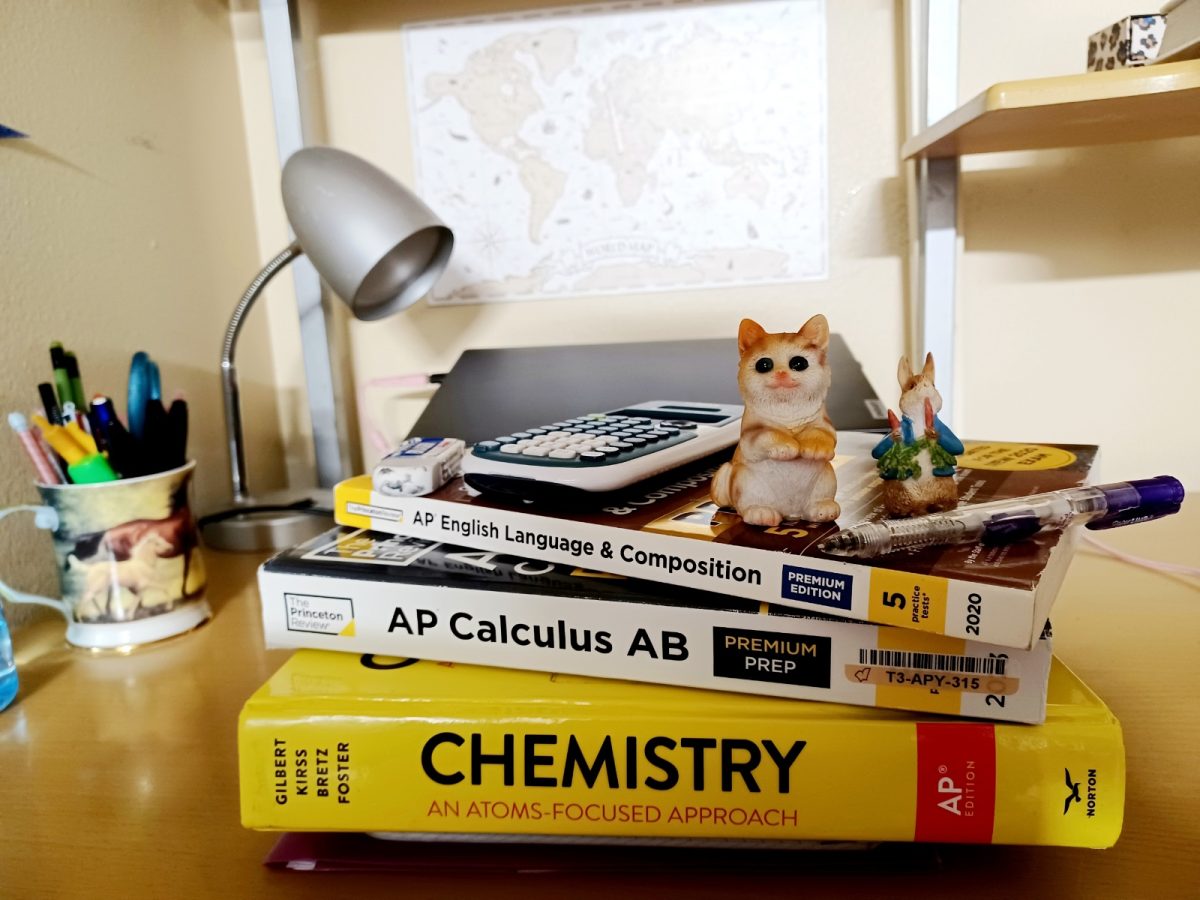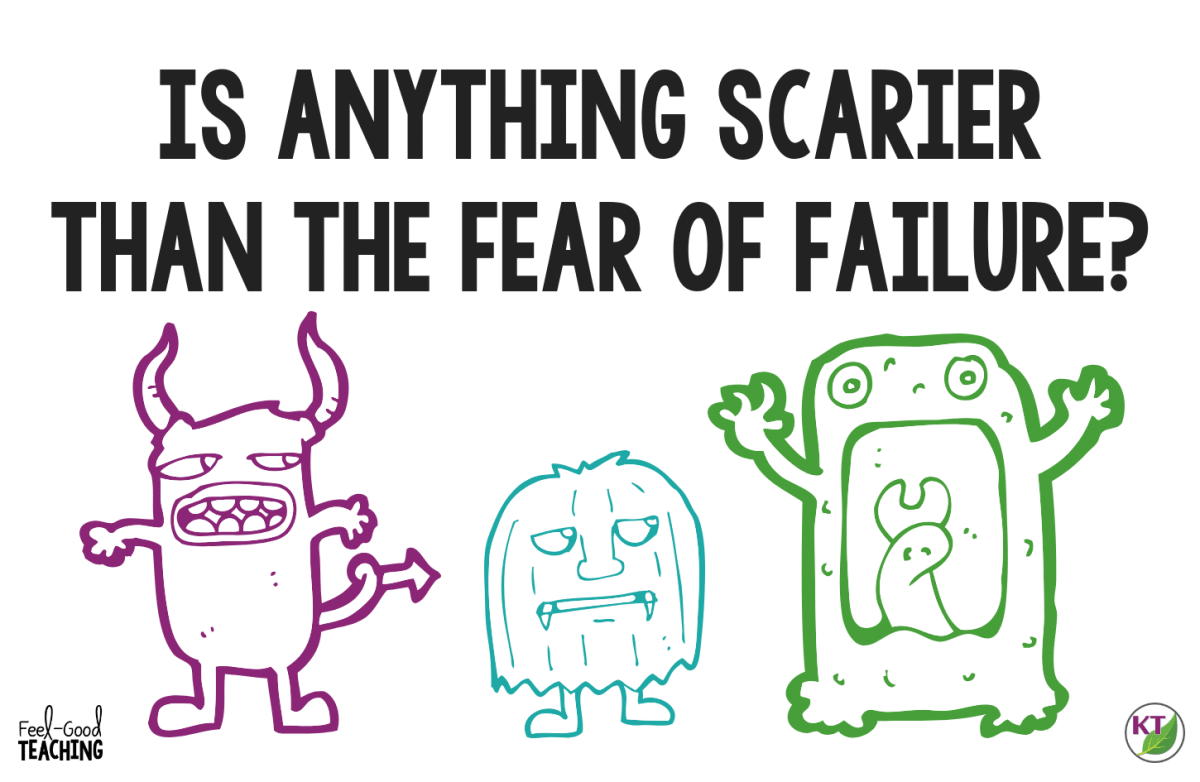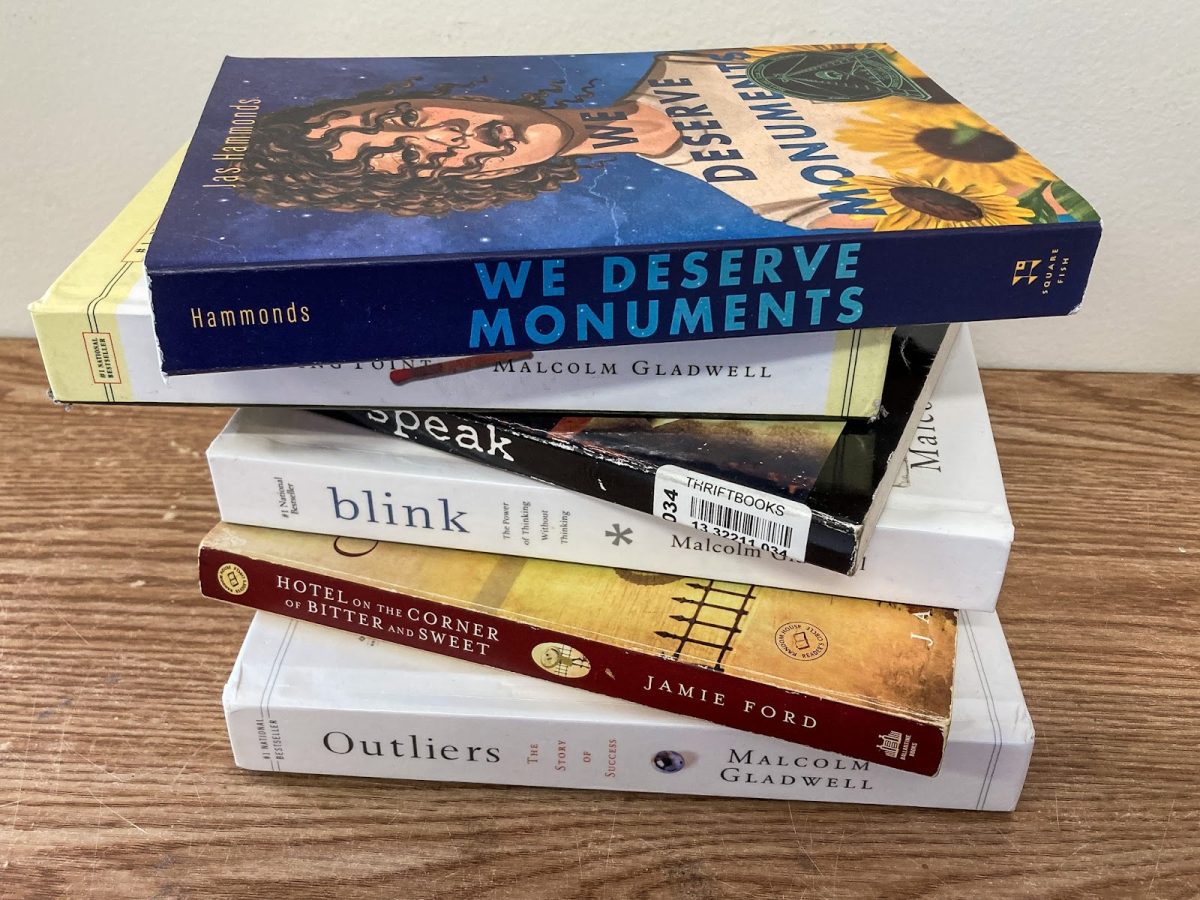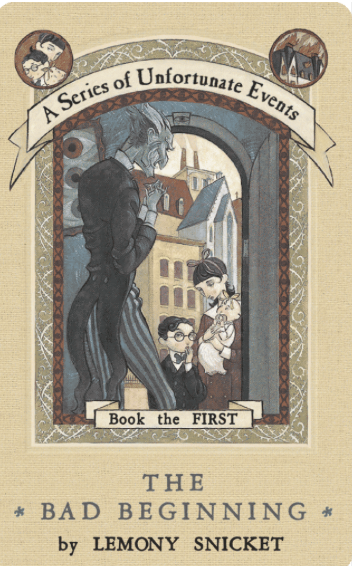Simply put, our education system is broken. Students are bombarded with countless AP and Honors classes without ever being taught how to approach them. In light of this total unpreparedness, the fate of developing disciplined study habits is left in the students’ shaky hands. Some students have developed study habits that grant them academic success, and with tips from them, anyone can get an “A.”
The majority of students have one way of going about studying. Most students study for upcoming tests by re-reading notes, highlighting, and attempting a few practice questions from class. Consequently, it comes as no surprise when they see low scores on their test. Merely reviewing the material through passive techniques, which require little to no active brain effort, often results in unsuccessful results.
Having taken various Honors and AP classes since freshman year, I have discovered that active practice of the material works best for me. After clearing doubts about concepts learned during class, I expose myself to diverse problems in my own time, knowing that reinforcing the knowledge at home matters in the long run. Being a tutor for Tutorial Club in the past, I have also seen students fail to utilize the resources available. Consistently leveraging Quizlet and other digital study tools is one of the best ways to expose oneself to all types of questions.
AP class taker and Tutorial Club member Enrique de la Cruz (11) also advocated for Quizlet. According to Cruz, Quizlet is a great study tool with dozens of practice problems. By practicing this way, students can ask themselves, “Which concepts do I need to work more on?”
While Quizlet is an effective study tool, other study methods are less effective. Cruz noticed that some students make the biggest mistake when preparing for tests: Studying mere days before the test. “It’s a really bad way to study because you don’t have enough time to grasp and ingest all the material that’s being thrown out at you,” Cruz lamented. He advised fellow students to instead “engage with the material more effectively” by “studying over a long period of time,” thereby preventing the universally understood feeling of defeat.
As each student possesses different schedules and priorities, each student is also accustomed to varying study methods. Advanced Dance and AP student Milena Kerch (11) shared her study tips that still prove to be equally effective. Kerch revealed, “I rewrite everything I remember naturally,” then “I compare it with my real notes to see what I missed.” This method allowed her to fill in the missing concepts, thus granting her a better understanding of what she would need to prioritize. Ultimately, she would create a summary sheet of all the key concepts, while liberal use of “colored sheets of paper, colored pens, and highlighters” made the process much more enjoyable.
With Dance as her primary extracurricular, Kerch struggles to space out her study sessions. “I am definitely not grinding a week in advance,” she admitted, occasionally beginning to study a mere two or three days before the test. To remedy this, Kerch emphasized the importance of active recall in order to “derive [the idea] from the depths of your mind on your own.” As a result, creating a “brain dump” exercise is a great way to see your current standing.
In reality, every student has their way of going about studying. While I might rely on exposing myself to different problems and asking dozens of questions, Cruz suggested using Quizlet and being consistent. In contrast, Kerch promoted the “brain dump” strategy. Although we are never taught how to approach studying, we can always learn from fellow students who have much to offer us in return.









